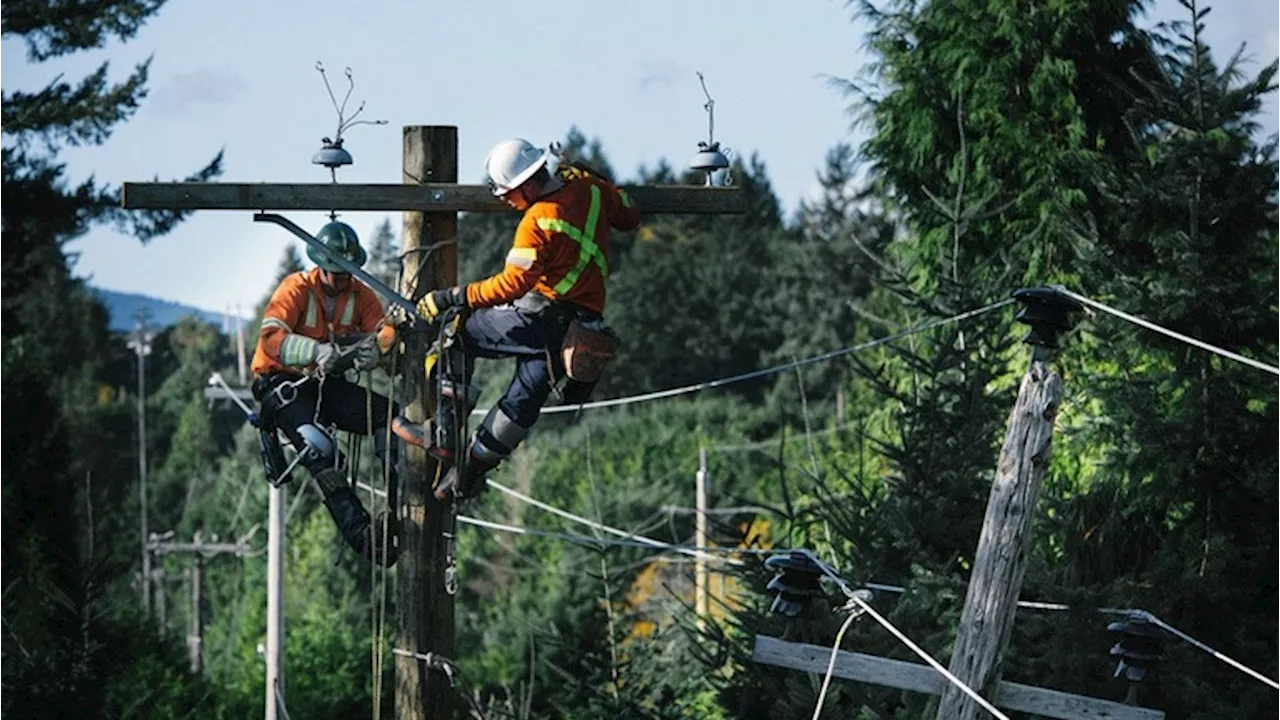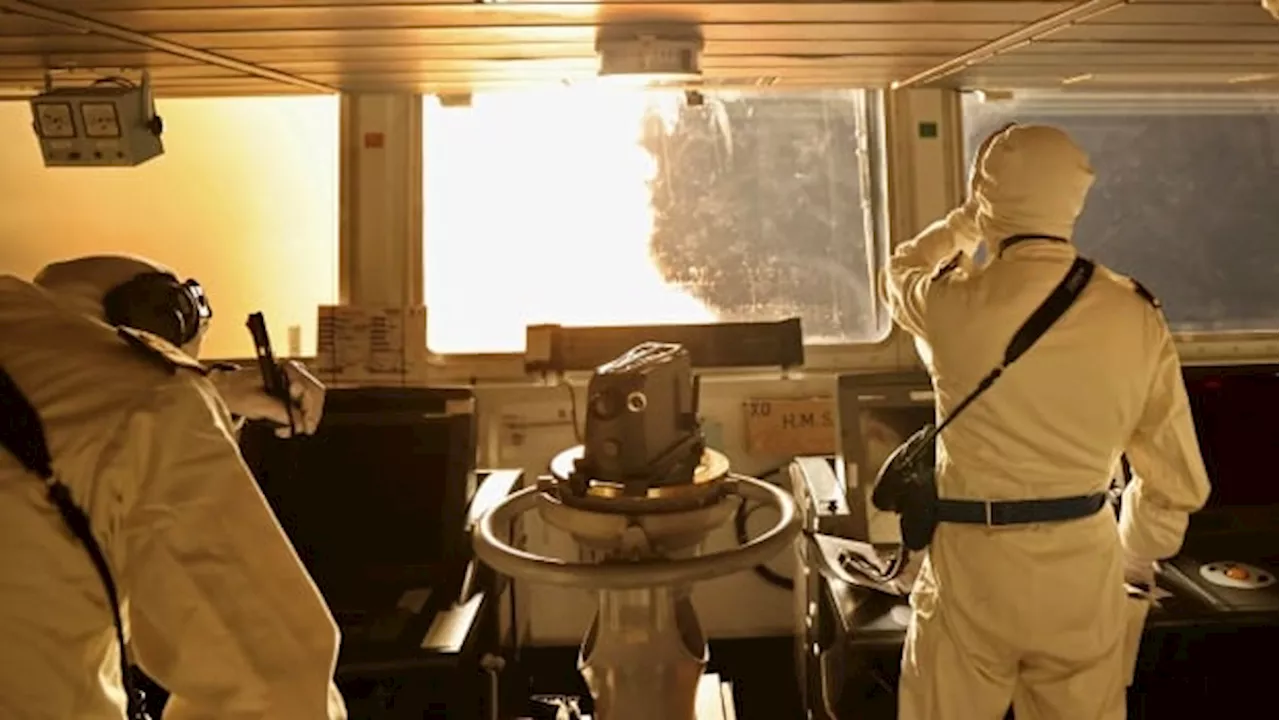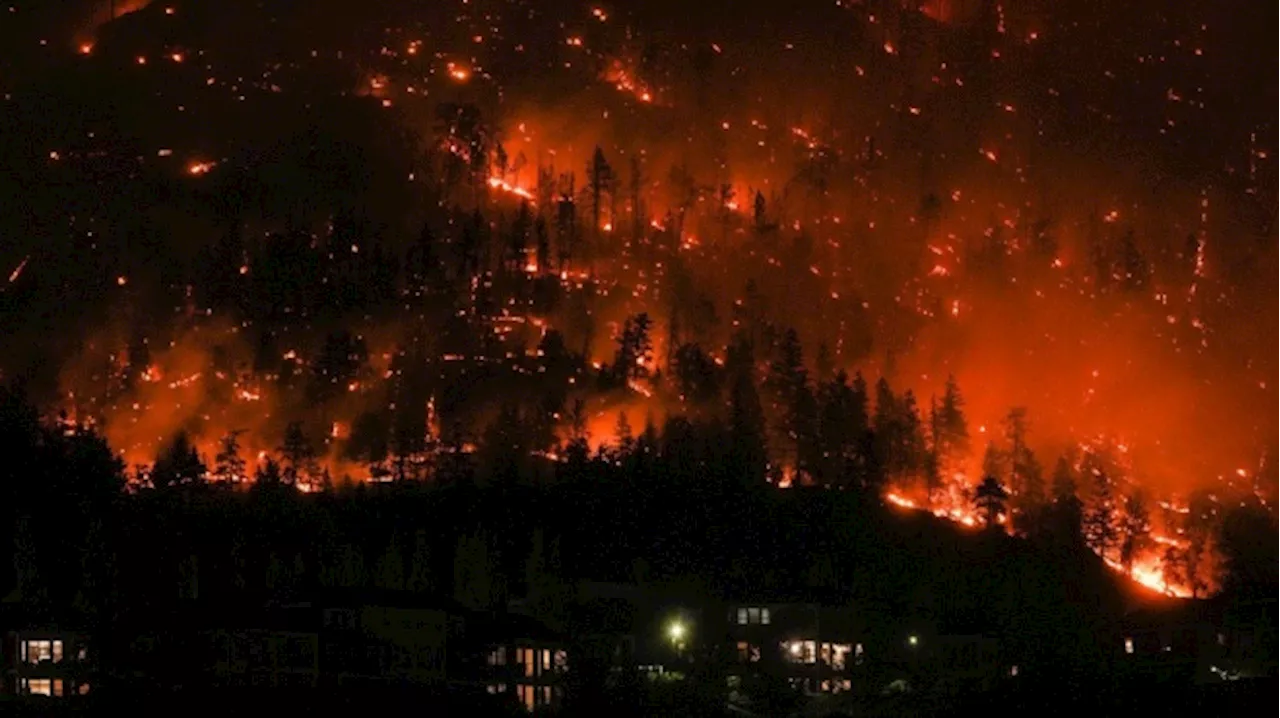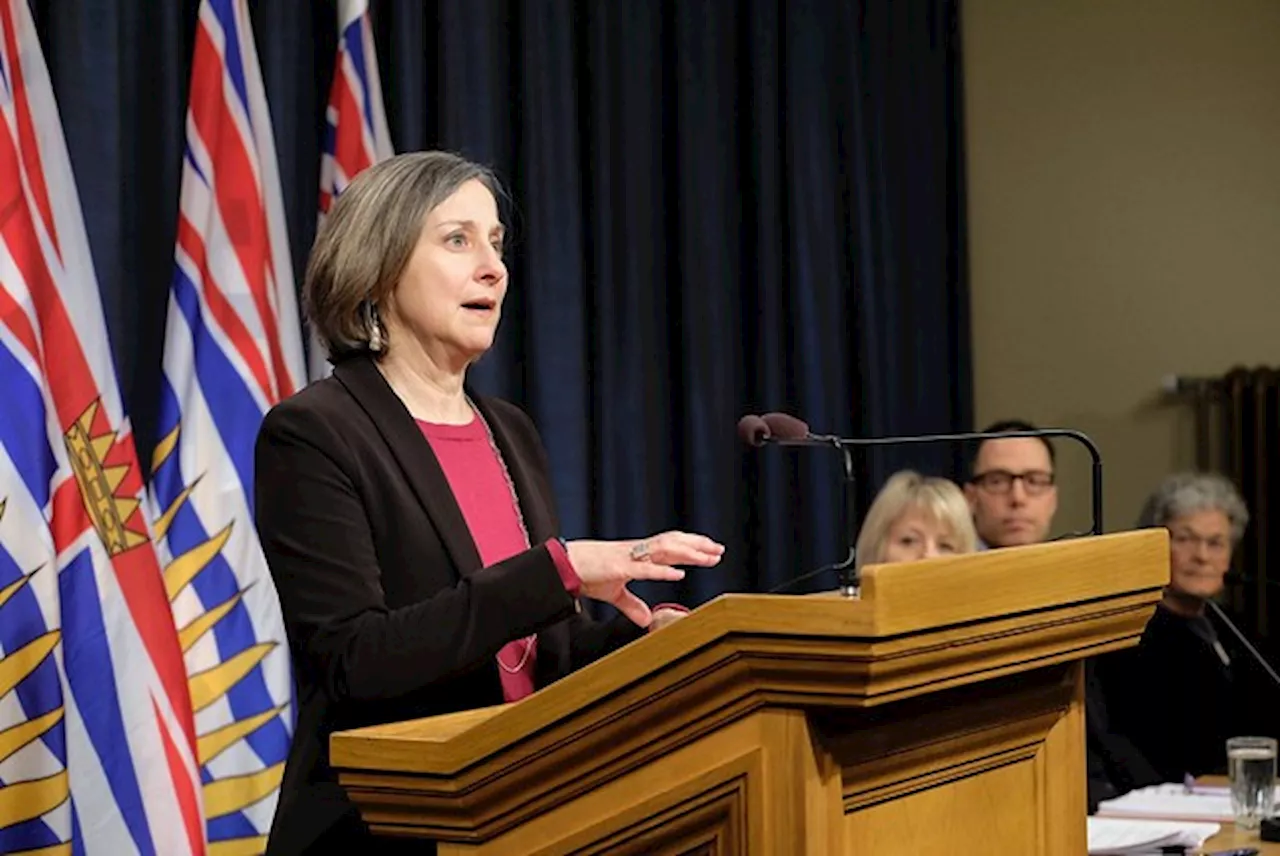Lisa Lapointe, the chief coroner of British Columbia, is urging the province to establish data collection standards for drug treatment and recovery services. She made her case in an interview, coinciding with the government's announcement of adding more publicly funded substance-use treatment beds. The province recently reported a record number of deaths from illicit drugs, prompting Lapointe to emphasize the need for regulations to monitor patient outcomes.
Lisa Lapointe, British Columbia ’s long-time chief coroner , is making a final push for the province to put in place data collection standards for drug treatment and recovery services , ahead of her retirement next month. Ms. Lapointe made her case in a wide-ranging interview on Thursday with The Globe and Mail. Her comments coincided with an announcement from the provincial government that it would add 180 new publicly funded substance-use treatment and recovery beds throughout B.C.
One day earlier, the BC Coroners Service had announced that 2,511 people died from illicit drugs last year, a grim new record eight years after the province declared toxic drug deaths a public-health emergency. The chief coroner, who was first appointed to her role in 2011 and will step down in February after 13 years, has long called for the province to develop regulations that would set standards for public and private treatment facilities to report patient outcomes to the provincial government. There are currently no such standards in plac
British Columbia Chief Coroner Data Collection Standards Drug Treatment Recovery Services Substance-Use Treatment Publicly Funded Illicit Drugs Patient Outcomes Regulations
Canada Latest News, Canada Headlines
Similar News:You can also read news stories similar to this one that we have collected from other news sources.
 Cold Weather Warnings Lifted in British Columbia, Prairies Still Facing Bone-Chilling TemperaturesCold weather warnings across much of British Columbia lifted Sunday ahead of a warming trend in the forecast, but the Prairies are likely facing another day or two of bone-chilling temperatures after a weekend of cold, snow and windstorms that affected all parts of the country. The systems that brought heavy snow and high winds to much of Central and Atlantic Canada, leaving thousands without power in the process, had largely dissipated by Sunday. And relief started to arrive in B.C. as Environment Canada lifted arctic outflow and extreme cold warnings for the Metro Vancouver, Fraser Valley, Howe Sound, Prince George, Cariboo, South Thompson and North Coast areas.as a moisture packed low collides with arctic air. Risk of freezing rain or ice pellets overnight Tues-Wed AM
Cold Weather Warnings Lifted in British Columbia, Prairies Still Facing Bone-Chilling TemperaturesCold weather warnings across much of British Columbia lifted Sunday ahead of a warming trend in the forecast, but the Prairies are likely facing another day or two of bone-chilling temperatures after a weekend of cold, snow and windstorms that affected all parts of the country. The systems that brought heavy snow and high winds to much of Central and Atlantic Canada, leaving thousands without power in the process, had largely dissipated by Sunday. And relief started to arrive in B.C. as Environment Canada lifted arctic outflow and extreme cold warnings for the Metro Vancouver, Fraser Valley, Howe Sound, Prince George, Cariboo, South Thompson and North Coast areas.as a moisture packed low collides with arctic air. Risk of freezing rain or ice pellets overnight Tues-Wed AM
Read more »
 British Columbia Seeks to Overturn Court Judgment on Drug Use LegislationThe government of British Columbia is appealing a court decision that suspended legislation aimed at reducing illicit drug use in public places. The province is facing a worsening overdose crisis, with a record number of overdose deaths reported in 2023. A pilot project, which started in January 2023, allowed adults to possess small amounts of certain illegal drugs without facing arrest or charges. However, the legislation that would have fined or imprisoned individuals for drug use in specific outdoor locations was put on hold.
British Columbia Seeks to Overturn Court Judgment on Drug Use LegislationThe government of British Columbia is appealing a court decision that suspended legislation aimed at reducing illicit drug use in public places. The province is facing a worsening overdose crisis, with a record number of overdose deaths reported in 2023. A pilot project, which started in January 2023, allowed adults to possess small amounts of certain illegal drugs without facing arrest or charges. However, the legislation that would have fined or imprisoned individuals for drug use in specific outdoor locations was put on hold.
Read more »
 Thousands without power as strong winds hit Vancouver IslandMore than 16,000 hydro customers were without power on Vancouver Island and the southern Gulf Islands Tuesday morning as strong winds ravaged British Columbia's South Coast.
Thousands without power as strong winds hit Vancouver IslandMore than 16,000 hydro customers were without power on Vancouver Island and the southern Gulf Islands Tuesday morning as strong winds ravaged British Columbia's South Coast.
Read more »
 U.S. and British militaries bomb Houthi sites in YemenThe U.S. and British militaries launched a retaliatory strike on Houthi sites in Yemen using warship-launched Tomahawk missiles and fighter jets. The strikes targeted logistical hubs, air defence systems, and weapons storage locations. President Joe Biden stated that the strikes were a demonstration of the U.S. and its allies' intolerance towards the militant group's attacks on the Red Sea.
U.S. and British militaries bomb Houthi sites in YemenThe U.S. and British militaries launched a retaliatory strike on Houthi sites in Yemen using warship-launched Tomahawk missiles and fighter jets. The strikes targeted logistical hubs, air defence systems, and weapons storage locations. President Joe Biden stated that the strikes were a demonstration of the U.S. and its allies' intolerance towards the militant group's attacks on the Red Sea.
Read more »
 Canada's First Climate Adaptation Strategy Tested by WildfiresCanada's first-ever climate adaptation strategy was little more than six weeks old when fast-moving wildfires swept through communities in British Columbia's southern Interior, forcing thousands to flee and destroying hundreds of homes. The disastrous events provided a taste of the worsening impacts of climate change, and recovering from such events costs many times more than adaptation, says the federal government.
Canada's First Climate Adaptation Strategy Tested by WildfiresCanada's first-ever climate adaptation strategy was little more than six weeks old when fast-moving wildfires swept through communities in British Columbia's southern Interior, forcing thousands to flee and destroying hundreds of homes. The disastrous events provided a taste of the worsening impacts of climate change, and recovering from such events costs many times more than adaptation, says the federal government.
Read more »
